Dandruff in Saudi Arabia: Why It’s So Common & How to Get Rid of It Naturally
Table of Contents
Dandruff in Saudi Arabia: Why It’s So Common & How to Get Rid of It Naturally
By Dr. Nur Yılmaz
What Is Dandruff — and Why Won’t It Go Away?
Dandruff = itchy scalp + white flakes + frustration.
But let’s be real — it’s not just about having a “dry scalp.” It’s often caused by:
A fungus called Malassezia that feeds on oil
Oily scalp buildup or product residue
A dehydrated, unbalanced scalp
Harsh weather or shampoo stripping your scalp
Heat + sweat + not letting your scalp breathe

Why So Many People in Saudi Arabia Have Dandruff
The Weather is Brutal on Your Scalp
Saudi Arabia = hot, dry air most of the year. This sucks moisture out of your skin — including your scalp. Dry scalp + clogged follicles = hello, flakes.

Dust, Pollution & Sandstorms
Whether you live in Riyadh, Jeddah, or Dammam — you’ve probably noticed how dusty it gets. Sand and pollution stick to your scalp and hair, clogging everything and triggering inflammation.

Covering Your Hair for Long Hours
Hijab, niqab, shemagh — all common in Saudi culture. But when your scalp is damp or sweaty and stays covered all day, it becomes the perfect environment for fungus to grow. The result?
Scalp itching, flakes, odor, and sometimes hair fall.

Hard Water (Yes, It’s a Thing)
Many homes in Saudi Arabia have hard water — full of minerals that dry out your scalp, make shampoos hard to rinse, and throw off your scalp’s pH balance.
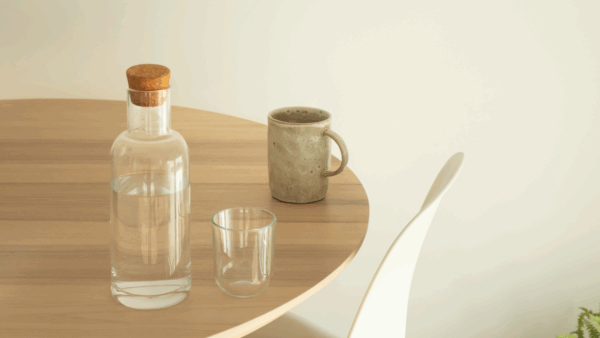
Using the Wrong Shampoo or Washing Too Often
We get it — you feel the need to wash daily because of sweat. But most anti-dandruff shampoos are too harsh and make your scalp freak out.
Overwashing = stripped natural oils. Your scalp’s reaction = produce more oil. More oil = flakes + fungus party
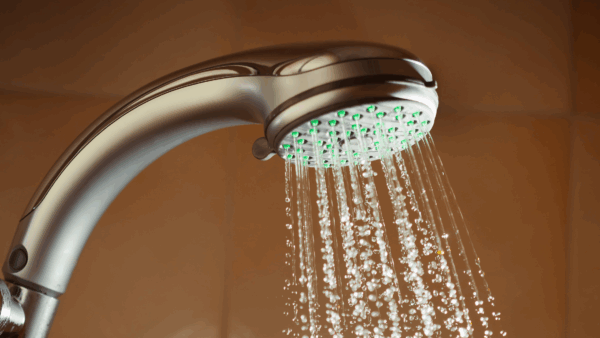
Best Natural Treatments for Dandruff in Saudi Arabia
1. Switch to a Sulfate-Free Anti-Dandruff Shampoo
Look for ingredients like:
Tea tree oil (antifungal)
Zinc pyrithione
Ketoconazole
Salicylic acid (exfoliates scalp buildup)
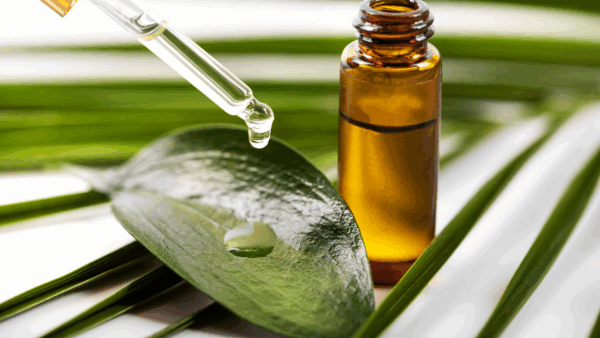
2. Use Apple Cider Vinegar as a Scalp Rinse
How:
Mix 2 tbsp ACV + 1 cup water → pour over scalp → leave for 3 mins → rinse. This kills fungus, balances pH, and leaves your scalp feeling fresh.

3. Coconut Oil Massage (Before Shampooing)
Warm a little coconut oil and gently massage it into your scalp. Leave it for 20–30 minutes, then wash. It’s antifungal, soothing, and prevents dry flakes.
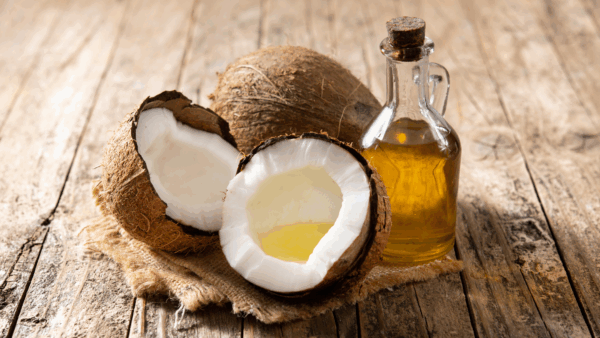
4. Care for Your Covered Hair
- Make sure your hair is 100% dry before putting on your scarf
- Use satin undercaps (they don’t trap heat like cotton)
- Wash scarves regularly
- Give your scalp some air when you’re home

5. Drink More Water (Yep, It Helps)
Hydration isn’t just good for your skin. It keeps your scalp from becoming too dry or oily. Also eat omega-3s, zinc-rich foods, and avoid processed sugar (which can trigger scalp inflammation).
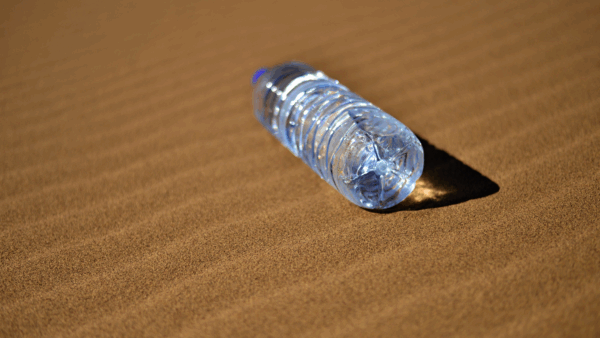
Frequently Asked Questions (FAQ):
Q: What causes dandruff in Saudi Arabia?
A: Heat, dryness, sweat, dust, covered hair, and hard water — all together trigger scalp imbalances that cause dandruff.
Q: Does hard water make dandruff worse?
A: Yes. It leaves residue on your scalp, dries it out, and makes shampoos harder to rinse — leading to buildup and flakes.
Q: Can dandruff cause hair loss?
A: If untreated, yes. The buildup and inflammation can weaken follicles and lead to thinning over time
Q: What products can help with haircare and reducing dandruff?
A: For healthy, dandruff-free hair, look for shampoos with ingredients like tea tree oil, salicylic acid, or zinc pyrithione. These help soothe the scalp, reduce flakes, and control excess oil. Consistent scalp care, hydration, and gentle products are key to preventing dandruff and promoting smooth, shiny hair.
Explore our expert-selected haircare collection here.